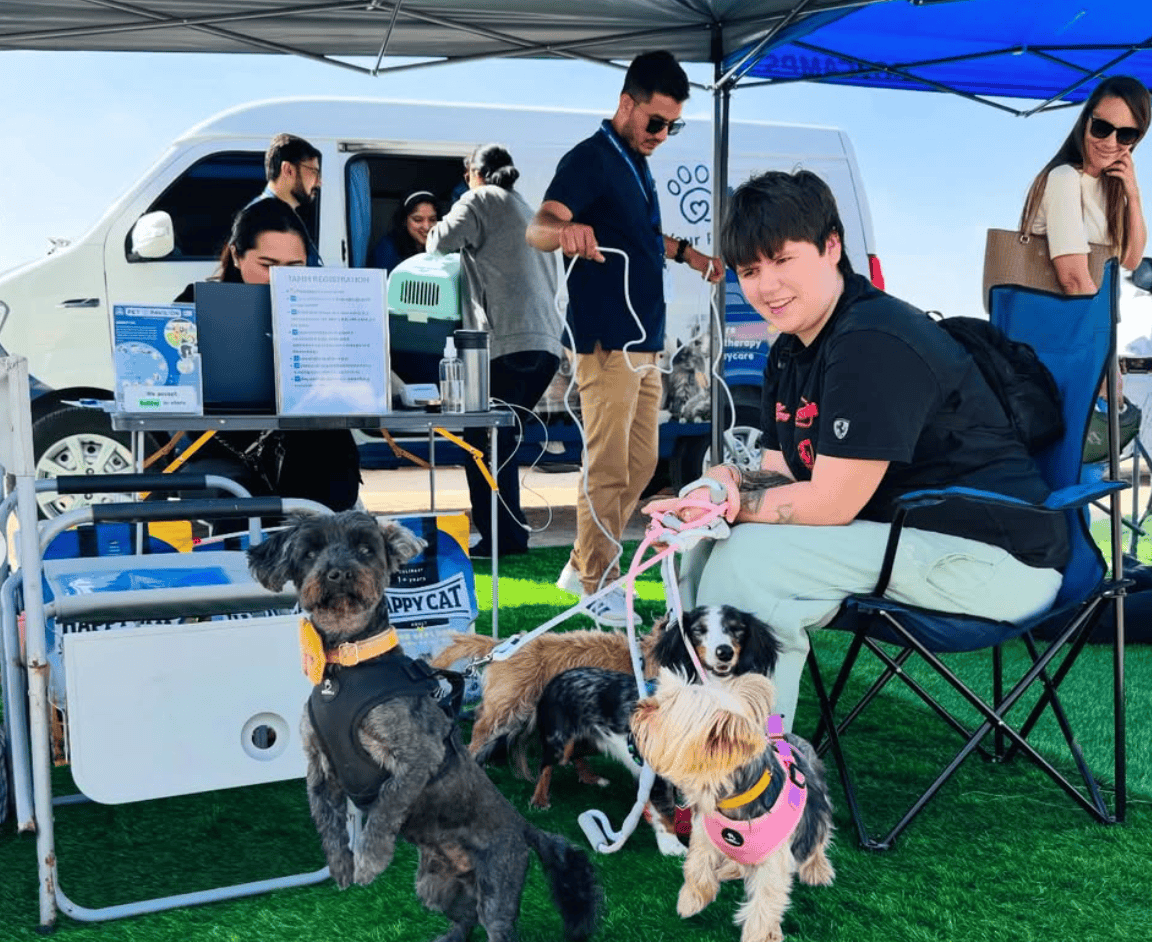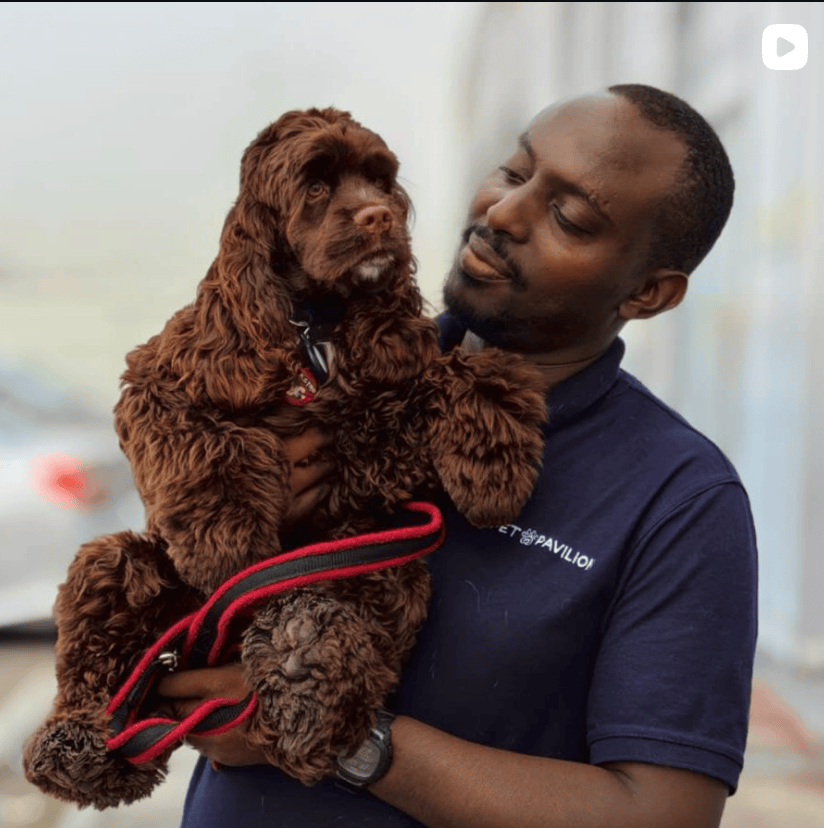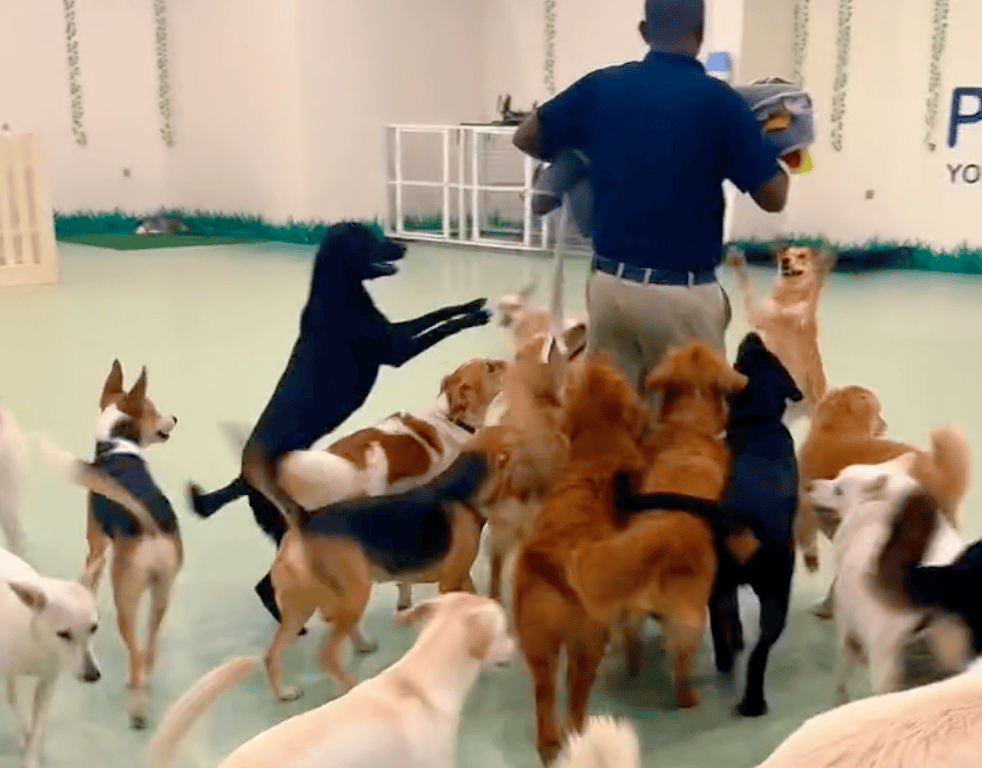A Guide: How to Potty Train Your Dog or Hire a Professional

Dog training service for your dog or puppy needs tolerance, responsibility, and consistency. Mishaps are part of the procedure, but if you observe the basic house-training approaches, you can get your fur baby on the right track.
Although dogs shouldn't be attributed with human characteristics, they are intelligent enough to understand the concept of, and execute, specific actions that their owners require of them - if these actions are asked in a way that dogs find rewarding. So, with this rule in mind, owners have to be clever as well and find a way of training their dog that actually works quickly and efficiently.
As with any training, the best time to start is as soon as you get your new pet. The fundamentals for successful housetraining are:
- Crate training is very important so it should be mastered.
- A schedule is required for feeding and exercising.
- Be vigilant and patient throughout the training period.
Are you looking for dog training in Abu Dhabi? Don't fear; potty training older dogs is much easier than training a young pup. Whether your puppy has never lived indoors, the last owner never bothered to teach them, or they have always used paper or concrete in a pen, we'll help you get your dog into a routine. You can always contact us to get in touch with our dog trainers. Our training program will help you succeed. This is because our dog trainers use proven dog and puppy training techniques based on repetition, consistency, and positive reinforcement.
You start puppy potty training when your pup is 12 to 16 weeks old. This is when your puppy has started to have more command of its bladder and bowel motions. Assisting a puppy when and where they can go from a young age is essential for dodging behavior problems.
Start with forming a routine:
Puppies do best on a standard program. The dog training service teaches them that eating, playing, and doing their business is a duration. Generally, a puppy can control its bladder for one hour every month. Don't go extended than this between bathroom breaks, or they're presumed to have an accident.
Take your puppy outside often, at least every two hours, instantly after they wake up, play, and after eating or drinking.
Pick a bathroom spot outdoors, and always take your puppy (on a leash) to that site. While your puppy is shedding themselves, use an uncommon word or expression that you can finally use before they go to remind them what to do. Bring them out for a long walk or playtime after they have been eliminated.
Award your puppy every time they eliminate outdoors. Compliment or give treats—but recall to do so directly after they've completed, not after they come back inside. This step is essential because awarding your dog for going outdoors is the only way to teach what's anticipated of them. Before rewarding them, be sure they're finished. Puppies are easily diverted, and if you compliment them too soon, they may fail to complete their work until they're back in the house.
Put your puppy on a consistent feeding schedule. Depending on their age, puppies may need to be fed twice daily. Providing your puppy at identical times each day will make it more likely that they'll stop at constant times, making house training easier for both of you. What goes into a puppy on a program comes from a puppy on a plan.
Choose up your puppy's water dish about two and a half hours before bedtime to reduce the probability that they'll need to shed themselves during the night. Most puppies can sleep for about seven hours without requiring bathroom time. If your puppy does wake you up in the night, don't make a huge hassle; otherwise, they will accept it is time to enjoy and won't want to go back to sleep. Turn on as few lights as possible, don't communicate or play with your dog, take them to the area where they reduce themselves, and then return them to bed.
Administer your puppy:
Please don't allow your puppy to pollute the house; keep an eye on them whenever they're indoors. There are numerous dog training techniques at Pet Pavilion, make sure to ask about them.
Look for signs that your puppy needs to go out. Some clear signs are yapping or scratching at the door, crouching, restlessness, sniffing around, or circling. When you see these signs, instantly grab the leash and take them outside to their bathroom. If they stop, honor them and reward them with a treat.
Keep your puppy on a leash in the yard. Your garden area should be treated like any other room during the house training. Give your puppy some liberation in the house and yard after they become reliably house-trained.
When you cannot watch your puppy at all times, limit them to an area remote enough that they won't want to eliminate there.
Accept their mistakes:
Expect your puppy to have a few mishaps in the house while the dog training session goes on. It's a standard part of house training. In such a case, immediately take them to their outdoor bathroom spot. Overpraise your pup and give it a treat if they finish there.
Don't penalize your puppy for eliminating it in the home. If you find a filthy area, wash it up. Scratching your puppy's nose in it, taking them to the site, and reprimanding them or any other penalty will only make them scared of you or fearful to eliminate in your sight. Punishment will do more harm than good.
Puppies are highly motivated to resume soiling in areas that smell like urine or manure, so clean that specific area properly.
Hence, could you find a dog training service? You can easily find dog training facilities at Pet Pavilion.
Make a plan when you are not there:
If you have to be out of the house more than four or five hours a day, there may be better times to get a puppy. Instead, you can view an older house-trained dog who can stay for your return.
Please arrange for someone, such as a reliable neighbor or a professional pet sitter, to take them for bathroom intervals or look for Pet Pavilion daycare. Alternatively, train them to eliminate in a precise place indoors. Training your puppy to eliminate newspapers may create a life-long surface choice, meaning that even as an adult, they might stop any newspaper from fibbing around the living room. Be mindful, however, that doing this can extend the process of house training.
If you have to wash up a mishap outside the selected elimination area, put the filthy rags or paper towels inside it later to help your puppy remember the scented area where they are considered to be eliminated. If you plan to paper-train, restrict them to a site with enough room for a sleeping space, a playing space, and a different place to eliminate. Use either pet pee pads, newspapers, or a sod box in the selected elimination area. You can also look for dog litter products.
There are very few dogs that can’t be housetrained - just poor pet owners who don’t understand the value of consistency. You’re the most important element in successful housetraining for a puppy or adult dog that’s new in your home.
The dog is looking to you to set boundaries and rules, while also showing that he’s welcome in your world.
Housetraining might take a few days – or it might take months – each dog is different. Be patient.


Schedule your appointment today
Book My Appointment







